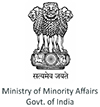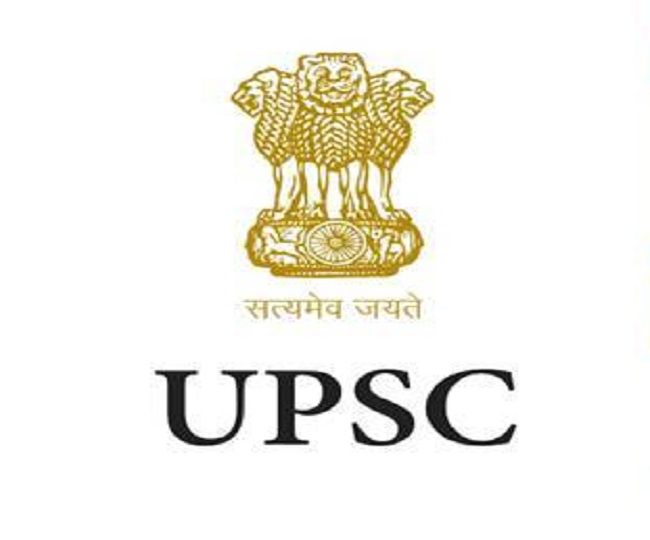The Waqf (Amendment) Bill, 2025 has been introduced to address longstanding challenges in the governance, transparency, and administration of Waqf properties across India. The Bill focuses on improving clarity in the law, strengthening stakeholder participation, and promoting more effective utilization of Waqf assets.
On August 8, 2024, the Lok Sabha introduced two important legislative proposals—the Waqf (Amendment) Bill, 2024 and the Mussalman Wakf (Repeal) Bill, 2024. These aim to streamline the operations of Waqf Boards and update the legal framework for Waqf property management.
The Mussalman Wakf (Repeal) Bill, 2025 seeks to repeal the outdated Mussalman Wakf Act, 1923, a colonial-era law. This move will help consolidate Waqf-related governance under the more modern Waqf Act, 1995, improving legal consistency and accountability.
The Waqf (Amendment) Bill, 2025 proposes the following major reforms:
-
Modernizing the definitions and scope of Waqf
-
Improving the registration and documentation process
-
Enhancing the use of technology in maintaining Waqf records
-
Strengthening governance through renaming and restructuring of Boards
Inclusive Consultation and Stakeholder Engagement
Recognizing the importance of wide-ranging input, on August 9, 2024, both Houses of Parliament agreed to send the Bill to a Joint Parliamentary Committee (JPC) for further review. The Committee comprises 21 Lok Sabha and 10 Rajya Sabha members.
To ensure broad participation, the Committee invited suggestions from the public, domain experts, legal institutions, and community organizations. It held 36 meetings and received over 97 lakh memoranda via physical and digital channels.
Key organizations consulted included:
-
All India Muslim Personal Law Board (AIMPLB)
-
Zakat Foundation of India
-
Darul Uloom Deoband
-
Jamiat Ulama-i-Hind
-
Muslim Women Intellectual Group
-
All India Pasmanda Muslim Mahaaz, and many others.
Nationwide Consultations
To gather ground-level insights, the Committee conducted field visits in 10 cities between September 2024 and January 2025, including:
-
Mumbai, Ahmedabad, Hyderabad, Chennai, Bengaluru
-
Guwahati, Bhubaneshwar
-
Patna, Kolkata, Lucknow
During these visits, the Committee interacted with 284 stakeholders, 25 State Waqf Boards, 15 State Governments, 5 Minorities Commissions, and 20 public representatives.
Key Recommendations from the Committee
Out of 44 clauses in the Bill, the Joint Committee recommended amendments in 19 clauses. Key proposals include:
-
Setting up an Appellate Authority for grievance redressal
-
Ensuring stricter penalties for encroachment and misuse
-
Disqualifying board members involved in irregularities
-
Improving revenue utilization and transparency
-
Enabling Senior Revenue Officials to conduct fair inquiries
-
Enhancing digital record-keeping and asset tracking systems
One significant contribution came from the All India Pasmanda Muslim Mahaaz, which suggested reforms to promote inclusion, protect minority interests, and improve oversight.
Conclusion
The Waqf Amendment Bill 2025, backed by extensive stakeholder consultation and in-depth field analysis, aims to transform the Waqf ecosystem by fostering transparency, improving efficiency, and empowering the community. The submission of the Joint Parliamentary Committee Report on January 31, 2025, marks a major step forward in ensuring the Waqf system aligns with contemporary governance and societal needs.




